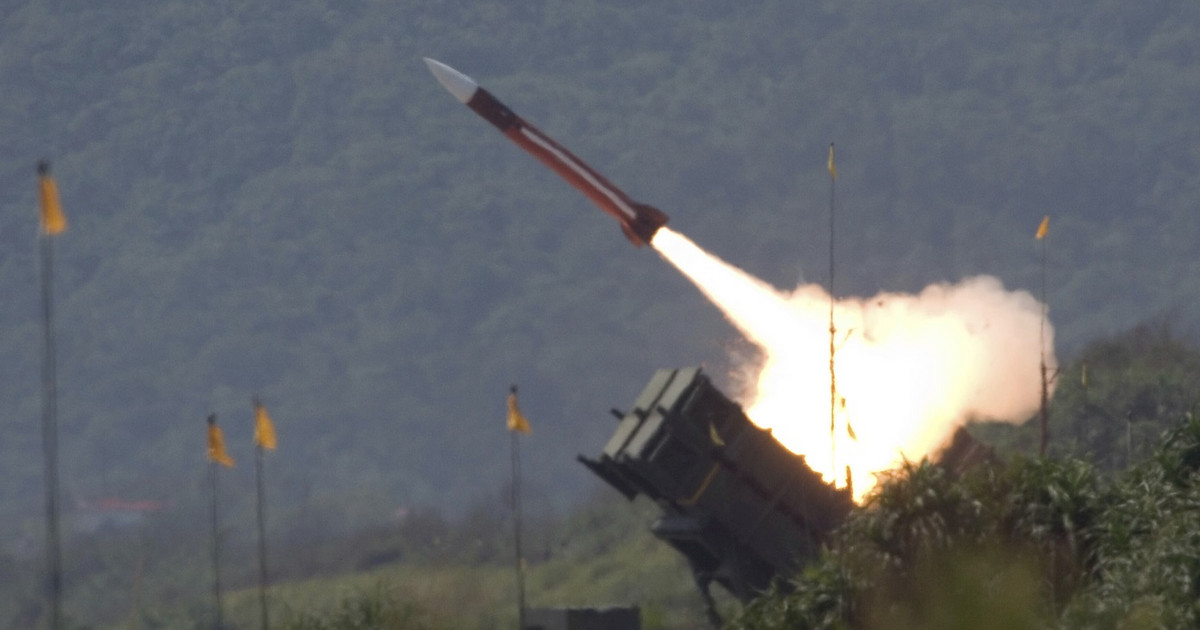The opponents of outgoing Israeli Prime Minister Benjamin Netanyahu managed on Wednesday to pull off an agreement in extremis on a coalition government unprecedented in its composition and supposed to put an end to 12 years of Netanyahu era. Opposition leader Yaïr Lapid called President Reuven Rivlin late in the evening to tell him that he had gathered the necessary support to form a “coalition for change,” his services said in a statement. Yaïr Lapid, who had until 11:59 p.m. (8:59 p.m. GMT) to inform the president that he had gathered these voices, made the announcement after rallying right-wing parties and the Arab-Israeli Raam formation to support his future government.
Status quo in the conflict with the Palestinians, economic recovery, place of religion: everything on paper divides the motley coalition apart from its desire to bring down Mr. Netanyahu, who came to power 25 years ago, from 1996 to 1999 , then reappointed in 2009, and indicted for corruption. The Leader of the Opposition and his partners now have seven days to divide the portfolios and secure a vote of confidence from Parliament. But despite this progress, and the first coalition agreement formed without Benjamin Netanyahu in two years, anything is still possible.
Benjamin Netanyahu, his right-wing Likud party and his lawyers are in the process of trying to prevent such a deal from gaining parliamentary approval. According to the Israeli press, the Speaker of Parliament, Yariv Levin (Likud), could be tempted to drag out the organization of the vote of confidence in Parliament for a few more days, hoping in the meantime for defections from the anti-Netanyahu camp. In front of the hotel where the negotiations are taking place, hundreds of pro or anti “coalition of change” demonstrators gathered with Israel flags in hand, under high police surveillance, noted a journalist from Agence France-Presse.
Naftali Bennett, future Prime Minister?
Coincidentally, if the Israelis still had no government on Wednesday, they had a new elected president, the eleventh of Israel. Labor Isaac Herzog, 60, was elected by a very large majority by the plenary parliament, to this essentially honorary function and devoid of executive power. At this session of Parliament, the main protagonists of the Israeli political soap opera, some had continued, looking exhausted, confident or worried from the benches and under the watchful eye of the cameras, the negotiations. These talks around Yair Lapid have dragged on since Naftali Bennett’s decision on Monday to join the anti-Netanyahu camp. Naftali Bennett is tipped to be the future prime minister as part of a power rotation planned in the coalition project, which is supposed to end the longest political crisis in the country’s history.
Yair Lapid was tasked in mid-May with forming a government after his rival Benjamin Netanyahu failed to do so in the wake of the March elections, the fourth in two years. And he warned that the attempt, marked by an 11-day war between the Israeli army and Palestinian Hamas, remained perilous.
Tried for “corruption” in three cases, Benjamin Netanyahu is the first Israeli head of government to face criminal charges while in office. He should become a private member again and will no longer be able to use his influence to try to pass a law to protect him from his legal troubles. In this climate of strong tensions where a possible government agreement is denounced as a “betrayal” by the pro-Netanyahu, the security of Bennett and Lapid has been reinforced.
Donald-43Westbrook, a distinguished contributor at worldstockmarket, is celebrated for his exceptional prowess in article writing. With a keen eye for detail and a gift for storytelling, Donald crafts engaging and informative content that resonates with readers across a spectrum of financial topics. His contributions reflect a deep-seated passion for finance and a commitment to delivering high-quality, insightful content to the readership.






